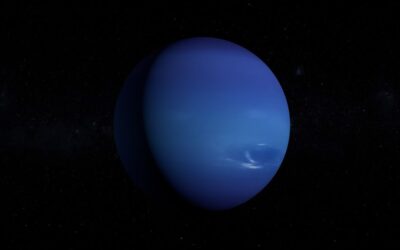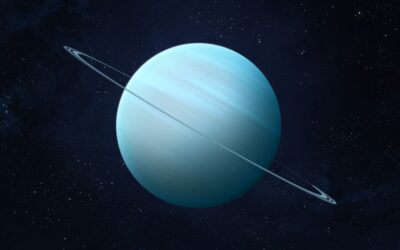Welcome to our cosmic exploration series! Today, we’re embarking on a thrilling journey to one of the most intriguing members of our solar system: Mercury. Known as the smallest and swiftest planet, Mercury may not be as famous as Mars or as grand as Jupiter, but it holds secrets crucial to our understanding of the universe. Let’s unravel the mysteries of this enigmatic planet together!
Episode Audio
A Cosmic Introduction to Mercury
Mercury: The Smallest and Swiftest Planet
Did you know that Mercury is now considered the smallest planet in our solar system? This title was handed to it after Pluto was reclassified as a dwarf planet. Despite its size, Mercury packs a punch in density, coming in second after Earth. This hints at a heavy, metallic core beneath its cratered surface.
Gravity and Temperatures on Mercury
On Mercury, you’d weigh significantly less due to its weaker gravity. However, it’s not the weight-loss paradise it might seem. Mercury experiences some of the most extreme temperature fluctuations in the solar system. It lacks a significant atmosphere, which results in scorching days and freezing nights.
Why Mercury Matters to Us
Studying Mercury provides insights into the early solar system, potentially illuminating Earth’s past and future. Understanding its geology and atmosphere is like peering into a cosmic history book, helping us piece together our own planet’s story.
Delving Deeper into Mercury’s Mysteries
Why Should You Care About Mercury?
Mercury is more than just a dot in the night sky. It’s a key to understanding planetary formation and evolution. By studying Mercury, we’re not just learning about another planet; we’re uncovering the history and future of our own.
Frequently Asked Questions About Mercury
- Mercury’s Surface: Mercury’s lack of atmosphere leads to a surface heavily scarred by meteoroids, offering a glimpse into the solar system’s dynamic nature.
- Mercury’s Moons: Interestingly, Mercury doesn’t have any moons, setting it apart from many other planets.
- Living on Mercury: The planet’s extreme conditions and lack of essentials like air and water make it an unlikely place for human habitation.
Busting Myths About Mercury
- Hottest Planet Myth: Despite its proximity to the Sun, Mercury is not the hottest planet; Venus holds that title due to its heat-trapping atmosphere.
- Gravity Myth: Mercury does have gravity, albeit weaker than Earth’s. It’s enough to keep you on its surface but not enough to make you feel at home.
Let’s Talk
We’re eager to hear your thoughts! Consider these questions:
- How can studying Mercury enhance our understanding of other planets?
- If you could send a message to Mercury, what would it be?
- How does knowledge about planets like Mercury impact your view of the universe?
Feel free to share your answers and thoughts in the comments below!
Conclusion
As our exploration of Mercury concludes, we hope you’ve gained a deeper appreciation for this small yet significant planet. If you’ve enjoyed this journey, please follow and share our blog. Your support is crucial in continuing these cosmic adventures.
And remember, the universe is a treasure trove of mysteries, with Mercury being just one of its many jewels. Stay curious, keep exploring, and always look beyond the horizon. The universe is not just vast; it’s full of wonders waiting to be discovered.










0 Comments